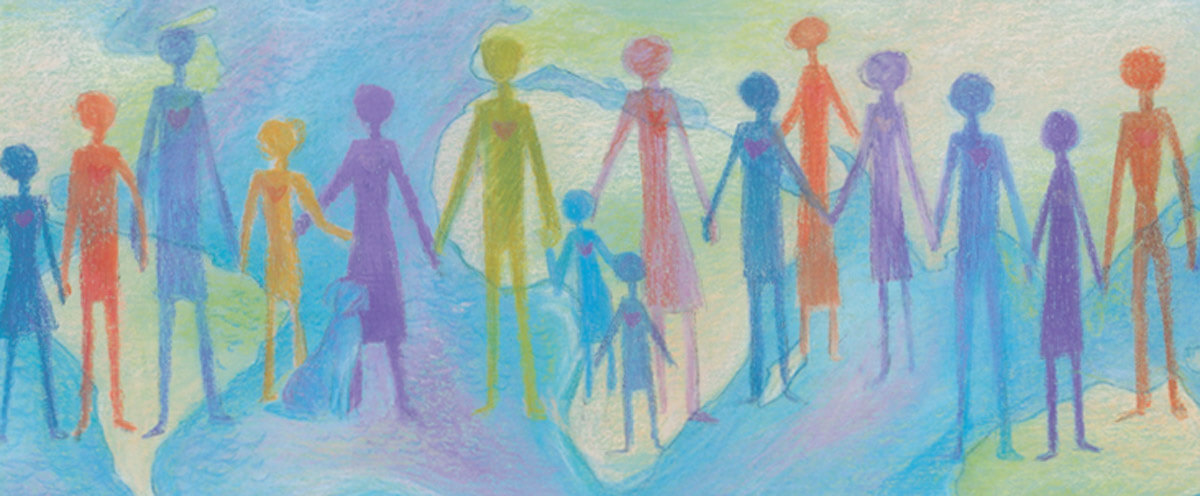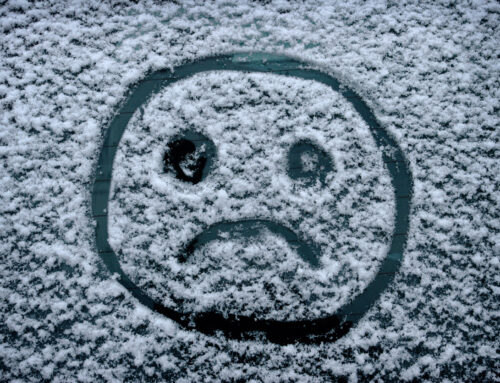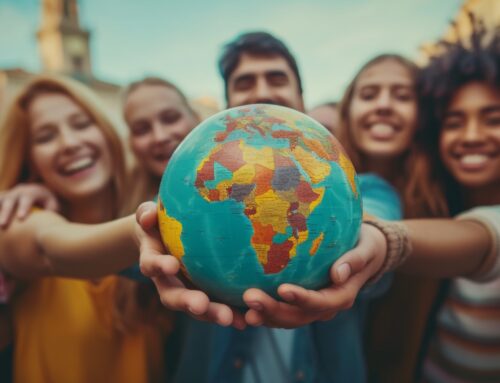Trauma is an often talked about topic in relation to mental health. Trauma impacts an individual’s overall sense of safety, bleeding into and affecting their physical and emotional health, in addition to altering a person’s sense of self. Trauma specialist Judith Herman writes about trauma in her book “Trauma and Recovery”, stating that traumatic experiences can overwhelm the “ordinary human adaptations to life” (Judith Herman, 1992). However, not much is talked about when a group of people are collectively impacts by the same traumatic incident. Collective trauma refers to a traumatic event that happens to a group and is shared by a group of people. .
“Collective trauma is extraordinary in that not only can it bring distress and negative consequences to individuals but in that it can also change the entire fabric of a community” (Erikson, 1976). Collective trauma can create long lasting impact and change the way an entire society functions, including altered laws and regulations. Some examples of traumatic events that can affect groups of people include natural disasters such as Hurricane Katrina, war, or famine. Other examples of group trauma include horrific events that are targeted towards a group of people based upon shared identities and born out of hate and oppression. Some examples include the history of slavery and genocides such as the Holocaust or the massacre of the Tutsi population in Rwanda.
An all too real and recent collective trauma that we are all currently experiencing is the current pandemic due to the spread of the COVID-19 virus. Since early 2020, we have ALL experienced a sudden event that has destroyed our entire sense of safety and normalcy. Some of us have experienced a sudden shift in mood such as depression, increased worry and anxiety, a sense of helplessness, and a lack of feeling of safety in the external world. It can be hard for us to realize we are experiencing a collective trauma because “everybody is going through it” and we may feel as though our struggles aren’t valid or we don’t deserve to feel bad because “others have it worse.” But the truth is we have all lost something due to the pandemic and that inevitably comes with a wide array of emotions such as sadness, despair, or hopelessness. It is important to remember that your feelings matter. We are all trying to navigate and process a traumatic event while simultaneously still living through it.
There is hope and ways to cope with the distress that the pandemic has brought on. First, it’s important that you make sure to not isolate yourself. Even if you are only socializing with others virtually, be it through Zoom or another app, be mindful about staying connected with family, friends, colleagues, classmates, etc. It can be very healing to know that you are not alone in how you feel and can lessen the feelings of loneliness that are prevalent right now due to the nature of this pandemic. Physical exercise and sunlight are also helpful in alleviating feelings of depression, lethargy, and increasing energy. If you find yourself feeling anxious or worried, engaging in deep breathing exercises where you breathe in slowly and deeply through the nose and exhale through the mouth, has been shown to induce feelings of relaxation and calm within the nervous system. Essential oils such as lavender can also be used for relaxation.
If you feel as though you would like help in processing the impact the pandemic has had on you and/or your child and family, our therapists at Georgetown Psychology are available. Please find our contact information on the website.
By: Camille Hawkins, Psy.D.
| ReplyReply allForward |






